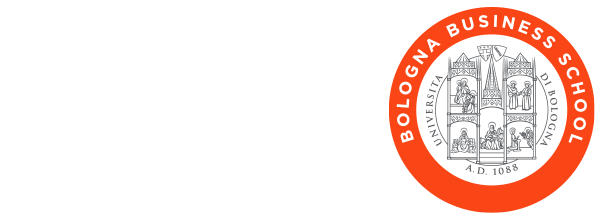SUSTAINABILITY MEASUREMENT AND MANAGEMENT LABORATORY (SuMM LAB)
REPORT 5: CORPORATE SOCIAL RESPONSIBILITY AND EQUAL OPPORTUNITIES
Among the 69 KPIs composing the observatory, the following seven meaningful metrics represent the adoption of practices oriented to social issues of CSR and equal opportunities in the Italian industrial context:
- Social reports;
- Equal opportunities policy;
- Kindergartens, flexible working hours, healthcare;
- Ethical code;
- External auditors for CSR report;
- Internal communication tools (whistle blower, ombudsman, suggestion box, hotline, newsletter, intranet, etc.;
- Actions for the next 5 years.
As a matter of fact, considering the overall population of companies sampled, the presence of an ethical code results the most diffused practice, established in about 19% of the sample. A policy of equal opportunities is implemented by 15% of the companies. Social reports are published by 9% of the companies, but about half of them are involving external auditors in this activity. Internal communication tools are regularly implemented by 11% of the sample, while 7% develops support practice for parents (in terms of flexible working hours or kindergartens) and healthcare for employees. Only 6% of the companies reports plans for taking actions in the next five years.
In terms of geographical distribution, we observe that the adoption of such practices presents a quite varied distribution across Italian regions. Considering the policies of equal opportunities, they are almost evenly distributed across Northern and Central Italy, with a frequency between 20 and 30%, with the exception of Trentino Alto Adige and Friuli Venezia Giulia, which display results below 10% (Fig. 1). The same anomaly is highlighted for policy of flexible hours, kindergarten and policy for parents, which is scarcely communicated by companies of North-East, while Central Italy appears more open to such practices. Evaluating these results in a broader perspective, it is worth noticing that the availability of public services in this area depends on regional administrations, therefore companies may implement such practices as response to external pressure, rather than as part of social sustainability strategy of the organisation.
Download the full Report 5 below

